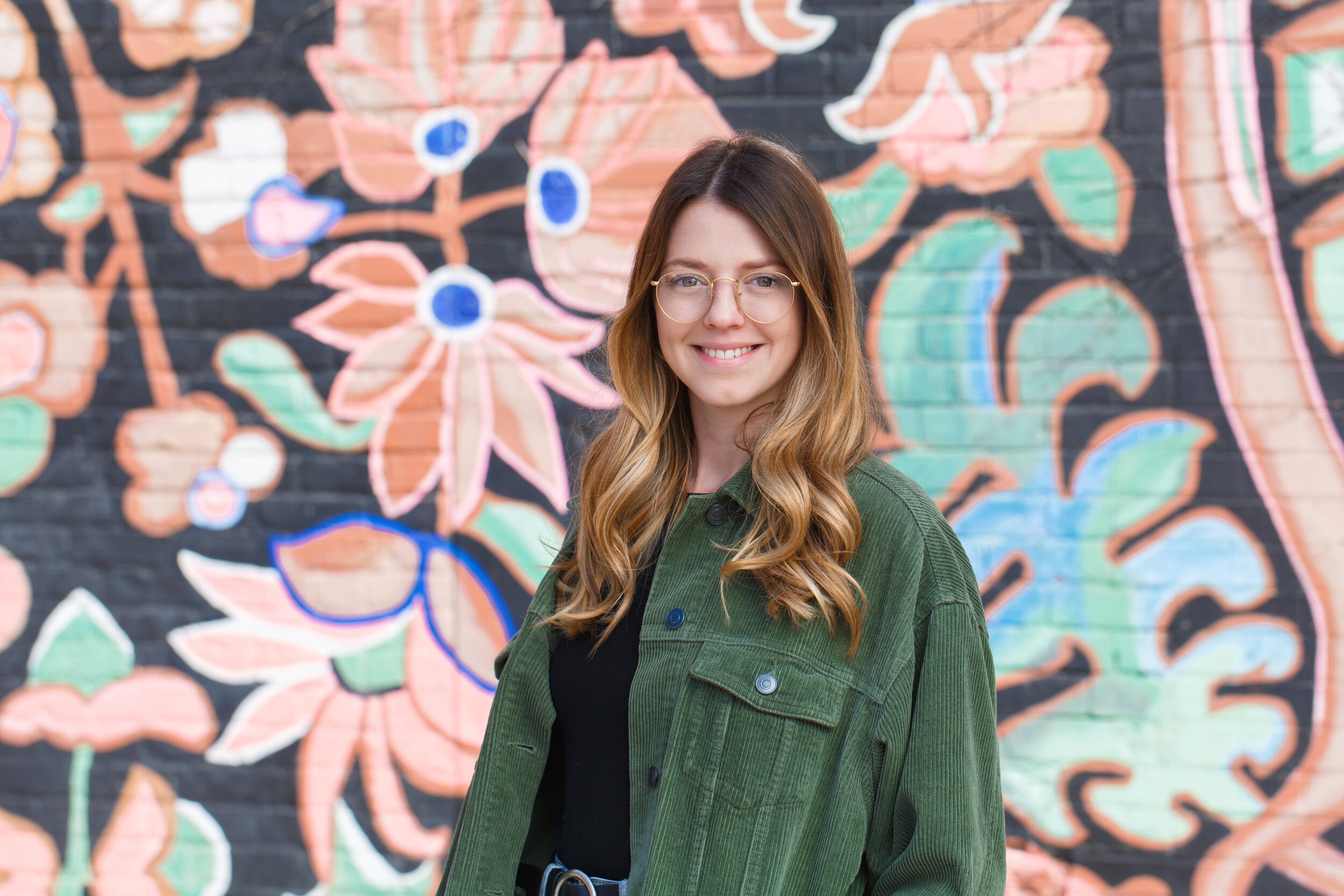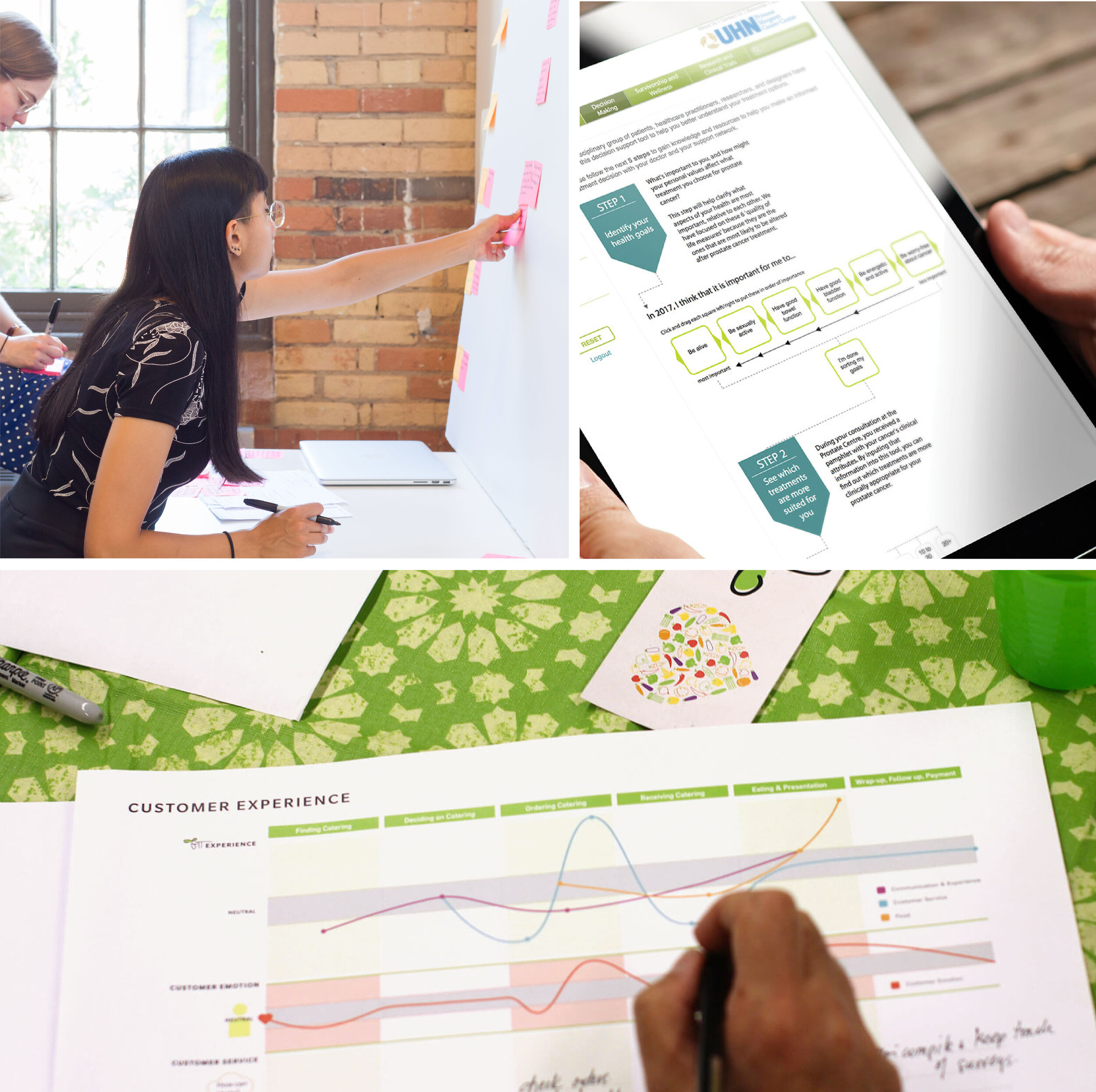Calling all BMC medical illustrators!
In celebration of the 75th anniversary of the Biomedical Communications program (formerly known as Art as Applied to Medicine) at the University of Toronto, we are organizing a juried virtual exhibition and catalogue of work that spans the history of the program. We invite alumni to contribute their work to this collection.
We are organizing the exhibit and catalogue along the theme of disruptors and have identified three areas on which we’d like to focus:
D1–Societal disruptors
Our focus here is on societal changes that may have impacted our approach to illustration either based on response to change or increase in demand resulting from the impact of societal disruption; for example World War II, the women’s liberation movement, the equal rights movement, Truth and Reconciliation, the Accessible Canada Act, the equity, diversity and inclusion movement, climate change, and COVID-19.
D2–Scientific, Pharmaceutical, and Medical Innovations
Here we are concerned with advances that have impacted our understanding of medicine and greatly enhanced our ability to depict human health and disease; examples of this include advances in imaging technologies, surgical techniques, marketing changes in the pharmaceutical industry, growing awareness of non-Western medical practices, and patient-centred medicine.
D3–Visual Communication Mediums and Technology
These perturbations we tend to recognize more readily as they directly impact our workflow, and include innovation in traditional techniques such as carbon dust or airbrush, print technologies, computer graphics (2D and 3D), interactive design (remember Hypercard?), the World Wide Web, video technologies, extended reality (AR and VR), and 3D-printing.
We are accepting submissions between March 8 and March 31.
Formatting
Work in the form of illustration, animation, or interactive environments may be submitted under each of these categories (D1, D2, D3). Before considering a submission, please ensure that you have the right to share this work and for it to be included in a virtual exhibition. Submissions should be formatted as follows:
File naming convention: LastName_Initial_abridgedfilename_category
Static media
Resolution – 300 ppi; Dimensions – width no more than 2550 ppi; and height no more than 3300 ppi; Colour – CMYK.
Animation or video
Animation and video should be at least HD quality, and up to 4K in resolution. Please provide the highest quality files you can easily transfer to us. Professional mastering formats such as ProRes are preferred.
Interactive media
A representative screencast highlighting the work should be submitted, preferably with an explanatory voiceover. Video should be formatted as per the video requirements above.
All animation and video entries should include a representative image following the image requirements described above.
All entries, both static and dynamic should include a separate figure caption providing both the name of the piece, medium, and additional details and any anecdotal information you might like to include.
How to submit
All submissions should be uploaded via the UTSend dropbox at send.utoronto.ca.
Provide your name and e-mail address; the recipient name and email (Graduate Program Administrator at bmc.info@utoronto.ca), and select the files to upload. If the files are successfully received, an email is sent to the recipient indicating that a drop-off has been made.
Please note that there is a 1 GB limit to file size on UTSend. If you have a larger file that you’d like to share please contact us at bmc.info@utoronto.ca and we will make other arrangements.
On behalf of the BMC 75th Anniversary committee we look forward to receiving your work!
















